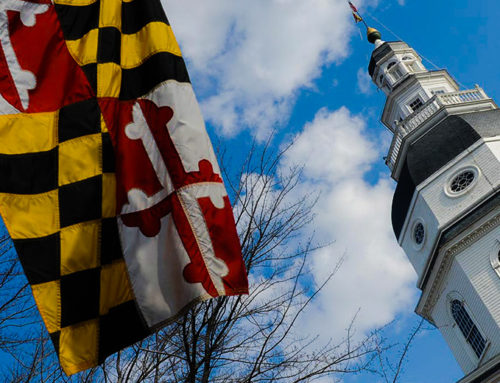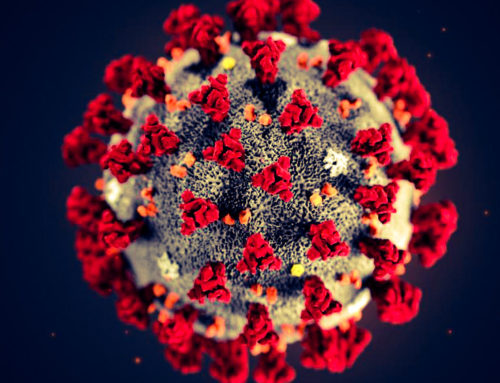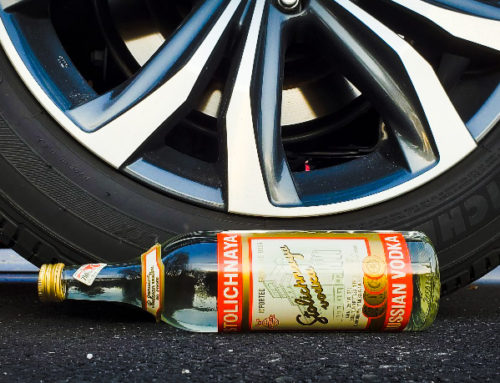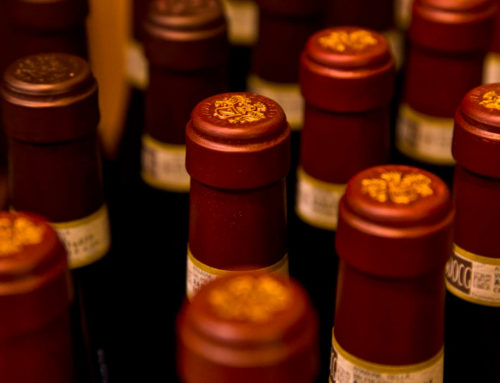View by Topic
Recent Articles
-
Colorado Building Energy Performance Standards (BEPS) Laws ChallengedSaturday, May 4th, 2024
-
New Environmental Laws from the 2024 Maryland Legislative SessionSaturday, April 27th, 2024
-
EPA Designates PFOA and PFOS as Hazardous Substances under Superfund LawSaturday, April 20th, 2024
-
Federal Government Finalizes New Efficiency Standards for LightbulbsSaturday, April 13th, 2024
-
2024 IECC is Final After Addressing Preemption IssuesSaturday, April 6th, 2024
View by Month/Year
“Green Building Law Update” Headlines
Recent Articles & News from
Stuart Kaplow’s blog
at GreenBuildingLawUpdate.com
- Does Federal EPCA Trump Colorado Building Energy Performance Standards (BEPS)? May 5, 2024
- New Environmental Laws in Maryland: 2024 Brings Opportunities for Businesses April 28, 2024
- EPA Takes Action: PFOA and PFOS Now Hazardous Substances Under Superfund Law April 21, 2024
- Shedding Light on the Future: The Evolution of Lightbulbs in the Wake of New Energy Efficiency Standards April 14, 2024
Subscribe to the Green Building Law Update!
Stuart Kaplow brings his expertise and extensive experience to the table with his unique digital publication, "Green Building Law Update". Subscribers receive regular updates to keep them informed about important issues surrounding Environmental Law, Green Building & Real Estate Law, as well as the emerging demand for Environmental Social Governance (ESG).
Get fresh content through the lense of Stuart Kaplow's cutting-edge expertise, innovative commentary and insider perspective. Don't miss another issue! Subscribe below.
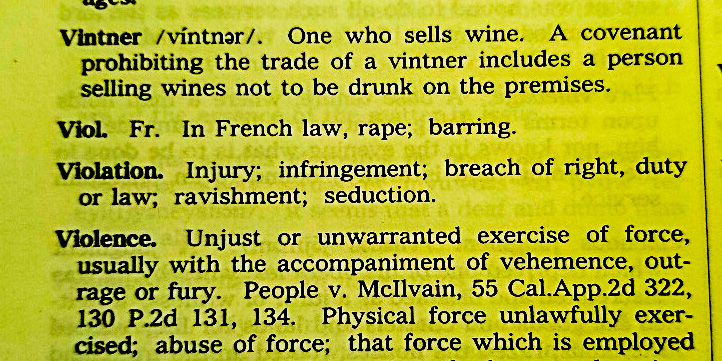
852 Liquor License Violations Reported Across Maryland
Nancy Hudes and I are collaborating in Regulatory Solutions Consultancy, LLC, a consulting firm positively leveraging constraints and finding advantages in the licensed beverage industry. If we can assist you with matters of alcoholic beverage law, do not hesitate to give us a call.
Given that a liquor license is “the” key asset in a business selling alcoholic beverages, be it a restaurant or package goods store, violations of laws associated with those licenses are of great import.
The twenty three counties in Maryland, Baltimore City, and the City of Annapolis each issue retail alcoholic beverages licenses and local boards of liquor license commissioners police activities under those licenses.
This blog post is a review of retail liquor license violations across Maryland during 2017, the most recent period for which data is available.
Local licensing boards regulate the types of licenses issued, scope and restrictions of licenses, including hours of sale, and much more. Those boards enforce the more than 3,100 page state law, county and city laws, and the boards’ own rules and regulations. Enforcement varies from locale to locale and is often fact specific, but penalties can range from civil enforcement dollar penalties for a first offense or other fines to suspension of a license for a period of time often after a repeated violation, ultimately to revocation of a license. Anecdotally, we know a business with a first violation is more likely to have another violation within 12 months.
Significantly, an adjudication of guilt on a liquor license violation often has ramifications beyond the liquor board proceeding. The violation is often a breach of the lease for the licensed premises and likely to be a material breach of loan documents and terms of business financing.
Local licensing boards across the state reported a total of 852 retail license violations during 2017, only slightly less than the 859 violations in 2016 (certainly not a statistically significant difference).
Of note, the per capita consumption of alcoholic beverages, based upon deliveries to retailers, dipped ever so slightly from 19.921 gallons in 2016 to 19.684 gallons in 2017, but that modest decrease almost certainly does not impact the number of violations.
Overwhelmingly, the largest category of those violations, 450, that is significantly more than 50% of all violations, are for sale of an alcoholic beverage to a minor. Sales to a minor represent the largest number of violations not only statewide but also in nearly all counties; and generally result in larger dollar fines than other violations. Interestingly in 2016, violations for sales to minors were only 37% of violations.
101 of those 450 reported violations were in Prince George’s County, the only locale in triple digits.
The next largest categories of violations were sales conducted by a minor and interestingly 53 of those 59 reported violations were in Allegheny County.
Next in terms of violations were 53 violations for failure to produce alcohol awareness certificates.
32 alcoholic beverage businesses had penalties assessed for being a public nuisance.
25 were penalized for sales after prohibited hours.
And 25 were also penalized for sales to intoxicated persons.
23 establishments were cited for unauthorized entertainment.
22 businesses paid penalties for failure to maintain records, reports of purchases, and invoices.
21 were fined or had licenses suspended for failure to cooperate with police.
16 purchased alcoholic beverages from other than a wholesaler.
There were also license violations for: an intoxicated server; gambling on the premises; open container; failure to display a license; inappropriate relationship with a wholesaler; tampering with contents of nonalcoholic beverages on the premises; business being operated by other than the owner; operating under a trade name not approved, etc.
Statistically, with 168 violations Montgomery reporting the largest number of those violations followed closely by Prince George’s County with 164. The only other jurisdiction in triple digits was Allegheny County with 135 violations. Baltimore City reported 91 violations. Baltimore County reported 67 violations. Only Queen Anne’s County reported no violations.
With a liquor license being the key asset in an alcoholic beverage business, a licensee should consider the value of that license when cited for a violation and is likely best served to be represented by legal counsel at a license board proceeding.





